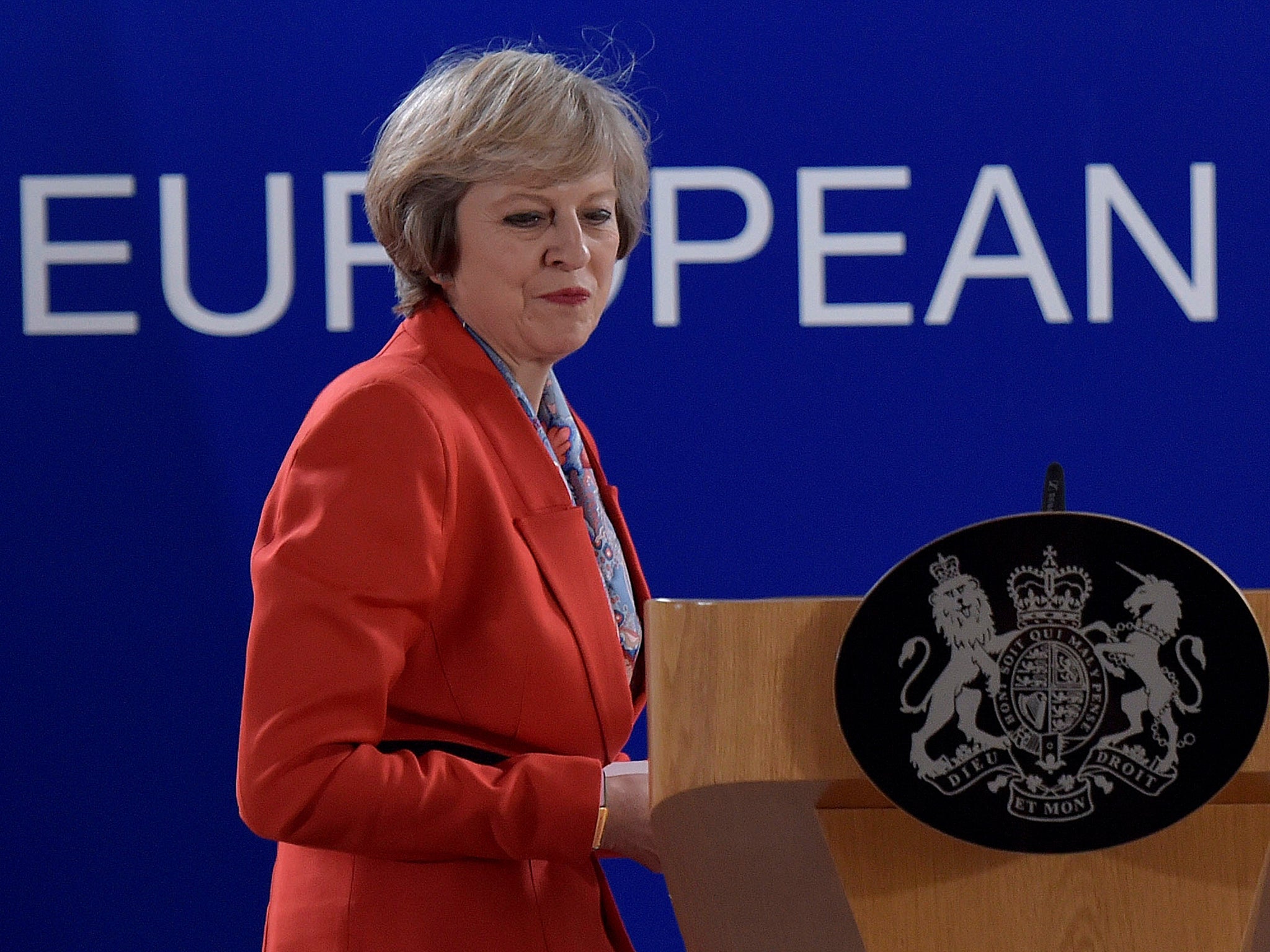A second referendum on the Brexit deal would be fair – and democratic
If MPs give the Government a sensible and realistic negotiating remit, then there is that much more chance that the new relationship between the UK and the EU, when eventually settled, will be sustainable and democratically legitimate

Not only does the UK not have a Brexit plan, but now it doesn’t even have a plan for a Brexit plan.
The decision of the High Court – independently arrived at and fully constitutional, whatever the Eurosceptic press might make of it – means that the governing body for Brexit is no longer solely the Cabinet and the Prime Minister, but Parliament as a whole. It means that Parliament can frame legislation about the UK’s prospective exit from the European Union on the basis of debate and representative democracy. Parliament, in other words, will set the terms of reference for exit negotiations.
What’s more, it allows for the possibility of a second referendum on the eventual outcome of the talks as part of a Brexit bill. That second, final consideration is surely the fairest and most meaningful vote that can be had in the circumstances. No one can know the future, but the country can at least decide between two more certain and clear sets of possibilities when the time comes, in 2019 or so. That was not the case on 23 June.
Democratically and constitutionally impeccable as all of this is, it will necessarily lead to a further delay in the Article 50 process. Appeals to the Supreme Court, and the parliamentary processes will add to the time needed to produce an act of Parliament. Meantime, business investment decisions, consumer spending and confidence will all remain lower than they would otherwise, even though some have proved surprisingly resilient so far. The impact of much higher inflation will likely be to depress spirits and spending power.
As our report and survey of opinion today indicates, business leaders are disturbed both by the result of the referendum, but also with the damage that additional delays, however inevitable, are having on the wider economy.
Even so, if MPs give the Government a sensible and realistic negotiating remit, then there is that much more chance that the new relationship between the UK and the EU, when eventually settled, will be sustainable and democratically legitimate. Brexit, if it comes, will be based on a referendum decision, the terms set by the elected representatives of the people, and judged by the courts to be constitutionally sound.
It may also, optimistically, win the broad consent of the British people in a debate that has divided the nation and its political parties so violently for decades.
As with the battles to join the then European Community in 1971-72 and the protracted business of ratifying the Maastricht Treaty in 1992-93, the parliamentary “Battle for Brexit” is likely to have more than its share of dramas, knife-edge votes and intra-party splits. It will demoralise and sap the Conservative Party in particular, so soon after they thought most of their divisions were behind them. It will highlight tensions in Labour too. It could re-energise a near-moribund Ukip, as well as embolden the SNP. The consequences of these dynamics are especially tricky to predict.
Giving Parliament the authority it abdicated in the referendum will be frustrating for a Government with a working majority of 17 facing another by-election after the resignation of disillusioned Tory MP Stephen Phillips. It will add to complexity and delays. But it will be the right thing to do.
Join our commenting forum
Join thought-provoking conversations, follow other Independent readers and see their replies
Comments